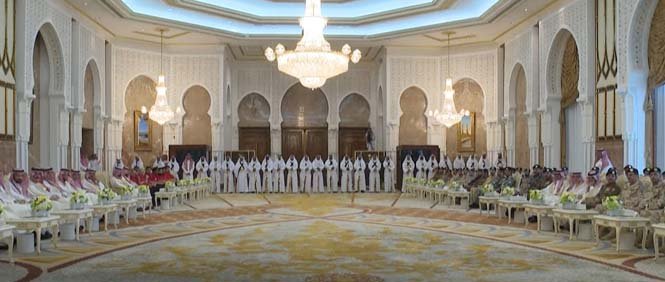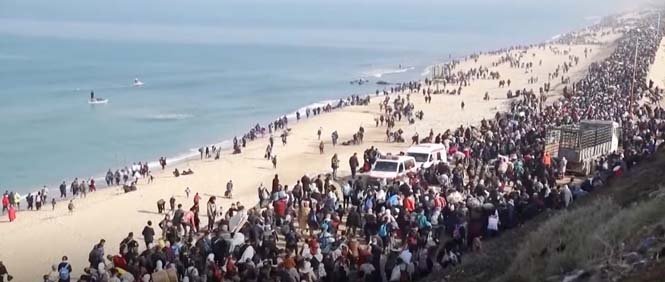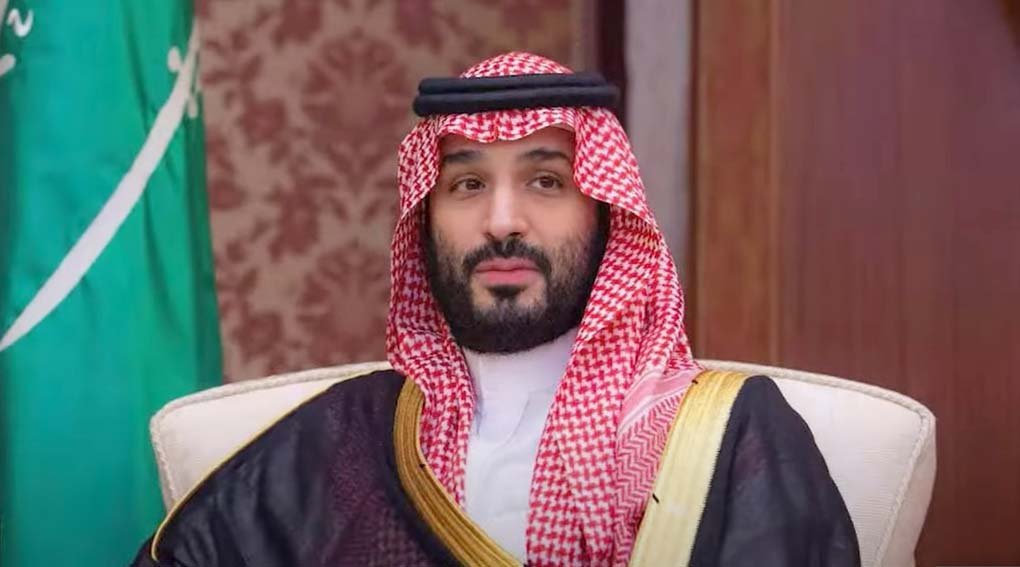Riyadh, Saudi Arabia — Saudi Arabia has fired back at Israeli Prime Minister Benjamin Netanyahu’s eyebrow-raising suggestion that the kingdom should shoulder responsibility for creating a Palestinian state, calling the idea a “transparent distraction” from Israel’s obligations under international law. The diplomatic spat has thrown U.S.-backed normalization talks into uncertainty, revealing just how fragile Middle East diplomacy remains—and how deeply Palestinian rights still shape regional alliances.
Netanyahu’s “Saudi Solution”: Bold Vision or Blame Game?
Last week, Netanyahu turned heads during a televised address by floating Saudi Arabia as a potential steward of Palestinian statehood. Arguing that Palestinian leaders in Gaza and the West Bank are “unprepared to govern,” he pitched Riyadh’s involvement as a “practical alternative,” citing the kingdom’s economic clout and regional sway.
But the proposal landed like a lead balloon in Riyadh. Saudi Foreign Minister Prince Faisal bin Farhan didn’t mince words: “Palestinian statehood isn’t a puzzle for outsiders to solve. It’s their inherent right, rooted in international law and Arab consensus.” Behind the scenes, sources close to the Saudi government told Al Jazeera that Netanyahu’s remarks felt like a “slap in the face” to U.S.-mediated talks.
Critics were quick to pounce. “This isn’t statesmanship—it’s political theater,” said Yasmine Al-Harbi, a political analyst based in Dubai. “Netanyahu’s trying to dodge accountability while keeping his far-right coalition happy.”
Normalization Talks Hit a Wall
The clash couldn’t have come at a worse time. For months, the U.S. has quietly brokered talks between Saudi Arabia and Israel, dangling security guarantees and nuclear energy tech to coax Riyadh into a historic deal. But Saudi Crown Prince Mohammed bin Salman (MBS) has stuck to his guns: no normalization without meaningful progress for Palestinians.
Netanyahu’s coalition, packed with pro-settlement hardliners, refuses to budge on Palestinian sovereignty. “He’s playing a dangerous game,” said Aaron David Miller, a former U.S. Middle East negotiator. “He wants Saudi recognition without paying the price—and Riyadh isn’t biting.”
The stalemate puts MBS in a tight spot. His Vision 2030 economic overhaul relies on foreign investment, which demands regional calm. But with Arab streets still fiercely pro-Palestinian, analysts say sidelining the issue could backfire. “The Saudi public won’t tolerate a betrayal of Palestine,” said Ibrahim Fraihat, a Doha-based conflict resolution expert. “This isn’t just geopolitics—it’s personal.”

Palestinians React: “We’re Not Bargaining Chips”
Palestinian leaders, often divided, found rare unity in rejecting Netanyahu’s proposal. Hamas dismissed it as “colonial arrogance,” while the Palestinian Authority (PA) warned it “erases Palestinian identity.” But on the ground, frustration simmers.
In Gaza’s Jabalia refugee camp, 45-year-old teacher Samira Abdelrahim scoffed: “Politicians act like we’re pawns in their game. My students haven’t seen electricity in days—do they care?” Gaza’s economy is in freefall, with unemployment nearing 50% and hospitals rationing fuel. A recent UN report found that 1.2 million Gazans now rely on food handouts to survive.
In the West Bank, tensions are just as raw. Near Ramallah, farmer Khaled Nasser described how Israeli settlers torched his olive grove last month. “They watch us suffer and propose more deals? It’s a joke,” he said.
Global Reactions: U.S. Squirms, EU Steps Up
The Biden administration, caught between its Saudi outreach and pro-Israel stance, urged “all parties to avoid provocations.” But pressure is mounting. A growing bloc in Congress now wants U.S. military aid to Israel tied to halting settlement expansion—a move the White House calls “counterproductive.”
Meanwhile, the European Union is pushing for urgent Quartet (UN, EU, U.S., Russia) talks. “Netanyahu’s comments undermine trust,” an EU diplomat told The Guardian. “The world won’t accept endless occupation dressed up as diplomacy.”
Voices from the Ground: Stories No Headline Captures
- East Jerusalem: The Dawabsheh family faces eviction from their home of 70 years after an Israeli court ruled in favor of settlers. “Our deed dates back to the Ottomans,” said patriarch Mahmoud Dawabsheh. “What more proof do they need?”
- Saudi Arabia: In Riyadh, 24-year-old student Nora Al-Sudairi started a viral social media campaign: “Normalization Without Justice? Never.” It’s racked up 100,000 signatures in a week.
- Gaza: At Al-Shifa Hospital, nurse Rana Mahmoud juggles IV drips and blackout curtains. “We’re using phone flashlights during surgeries,” she said. “How is this 2024?”
What Comes Next?
The crisis exposes a stark divide: Netanyahu’s Israel, leaning further right, versus an Arab world increasingly vocal about Palestinian rights. With U.S. elections looming, Washington’s leverage may shrink—and Riyadh knows it.
“Saudi Arabia holds cards now,” said Brookings’ Bruce Riedel. “If they walk away, Netanyahu loses his ‘historic deal’ bragging rights. But if they push too hard, MBS risks his economic dreams.”

The Bottom Line: A Region at a Crossroads
Netanyahu’s “Saudi solution” may have backfired, but it’s exposed a truth: The Palestinian cause remains the third rail of Middle East politics. For all the talk of normalization, Arab leaders can’t—and won’t—ignore their streets.
As the dust settles, one question lingers: Can diplomacy deliver justice, or will it keep recycling empty promises? For Samira in Gaza, the answer is simple. “We’ve waited 75 years for freedom,” she said. “Our kids deserve more than hashtags and headlines.”
Related Video (Video Link)
Sources
- Al Jazeera
- The Guardian
- UN Office for the Coordination of Humanitarian Affairs
- Brookings Institution
Explore More:
- Egypt Fights Trump Gaza Expulsion as Israel Prepares: Palestinians Resist
- UN Chief Warns of ‘Ethnic Cleansing’ After Trump’s Gaza Plan
- Trump’s Foreign Aid Freeze Boosts Authoritarian Regimes Worldwide
- Netanyahu Delays Ceasefire Talks, Meets Trump Amid Escalating Tensions
- Israeli Prime Minister Netanyahu Heads to U.S. for High-Stakes Gaza Talks with Trump
- Israeli Troops Kill 22 Civilians Making Their Way Back to Homes
- Hamas Releases Four Israeli Soldiers in Prisoner Exchange Amid Ceasefire
- Israel’s Ongoing Operations in Jenin Amid Gaza Ceasefire
- Israeli Strikes Escalate in Gaza Ahead of Ceasefire: Dozens Dead
- Israeli Strikes in Gaza Kill Dozens Amid Intensified Push for Ceasefire

